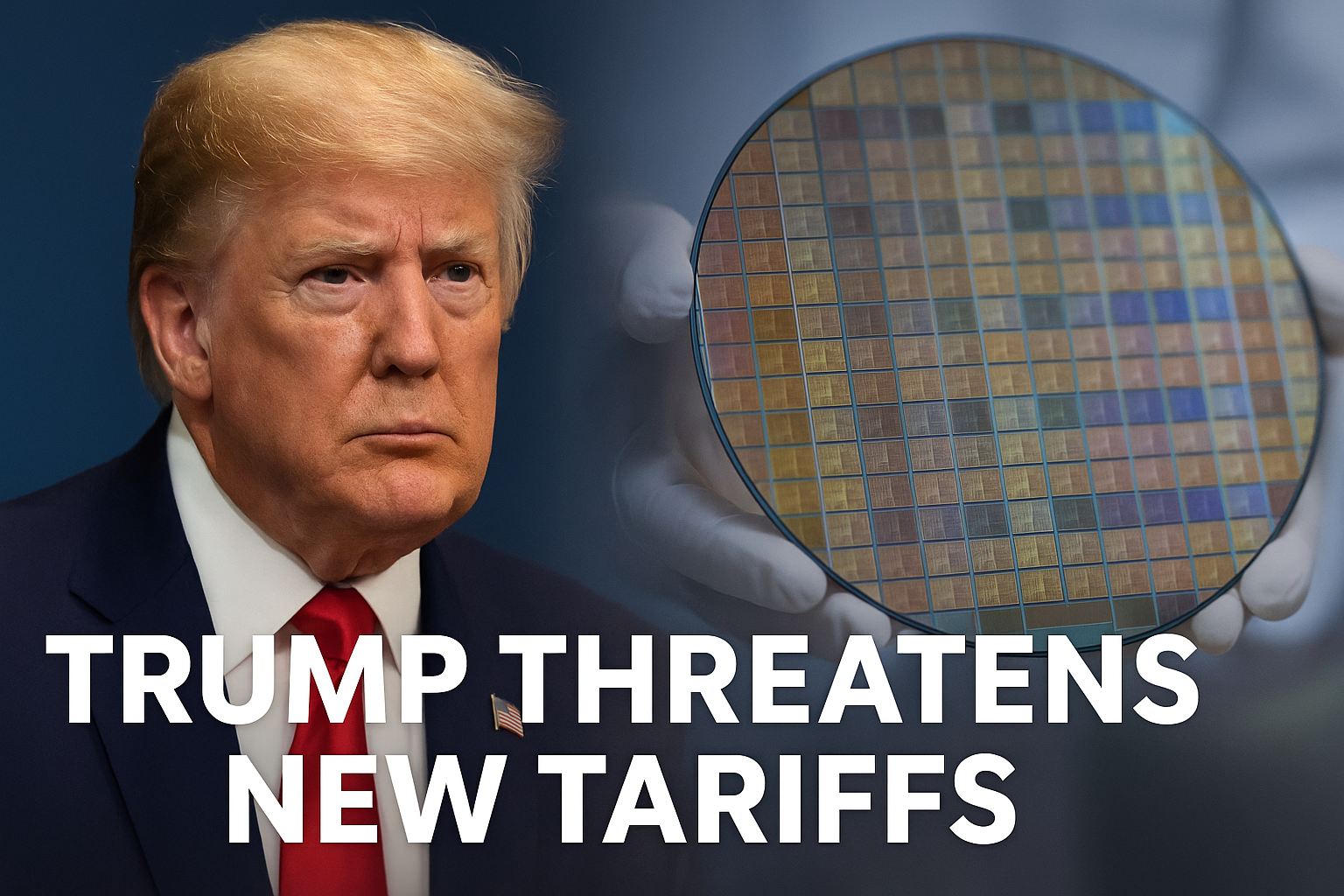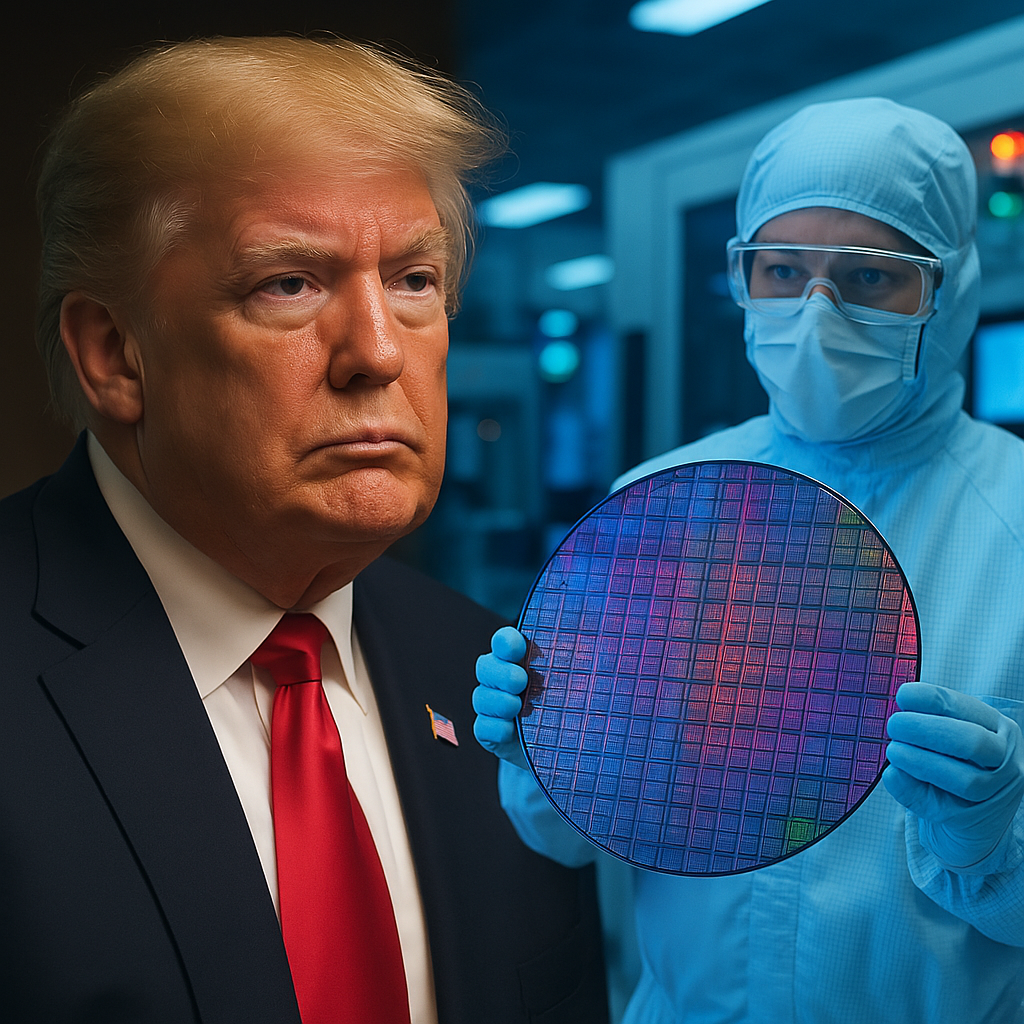In recent months, President Trump’s administration has raised tariffs on imported goods, particularly from China. These tariffs were introduced with the goal of protecting U.S. businesses and reviving the country’s manufacturing sector. But as the situation escalates, it’s worth taking a closer look at whether these tariffs are achieving their intended results or causing more harm than good.
What’s Happening with the Tariffs?
Trump’s tariffs, especially the ones on China, have raised the cost of many products that Americans rely on. The goal, according to the administration, is to force foreign countries, especially China, to play fair in trade. But these tariffs have created confusion, increased costs, and disrupted global supply chains.
Most recently, China raised its tariffs on U.S. goods to 125%, a move that has sparked further tension between the two countries. Meanwhile, President Trump has defended his decision to increase tariffs, arguing that China has been unfair in trade practices for years.
However, the problem with these high tariffs is that they affect regular consumers and businesses here at home. The extra costs are often passed down to American consumers in the form of higher prices.
How Are American Consumers Reacting?
Polls have shown that most Americans aren’t too happy about the tariffs. According to recent data, nearly 70% of people are worried about higher prices on everyday goods. While some businesses may benefit from the tariffs, consumers are left to deal with the extra burden on their wallets.
One of the biggest concerns is that these tariff hikes could lead to a recession. Experts worry that if tariffs continue to rise, it could slow down the economy, especially if other countries follow China’s lead and impose their own tariffs on U.S. goods.
The Political Divide
The tariffs are also causing division within the U.S. political landscape. While many Republicans support Trump’s approach, believing it will eventually benefit the country, Democrats and independents are more skeptical. They argue that the negative effects, such as higher prices and potential job losses, may outweigh the benefits of the tariffs.
Looking Ahead: What Needs to Happen?
While it’s clear that the tariffs are a contentious issue, the U.S. government will need to carefully weigh the consequences moving forward. Finding a balance between protecting American jobs and businesses while ensuring that consumers aren’t hurt by rising prices will be key.
Negotiating trade deals, especially with countries like China, could help resolve some of these issues. At the same time, the government might need to find ways to support industries and workers who are most affected by the higher costs.
Conclusion
President Trump’s tariffs were introduced with good intentions, but they’ve led to some serious challenges. Whether or not they’ll ultimately help or hurt the U.S. economy depends on how the situation unfolds. The government needs to consider the impact on consumers, businesses, and the overall economy as it continues to negotiate trade deals and set new policies.
For more information on this issue and how it’s affecting the U.S. economy, check out the following articles:


